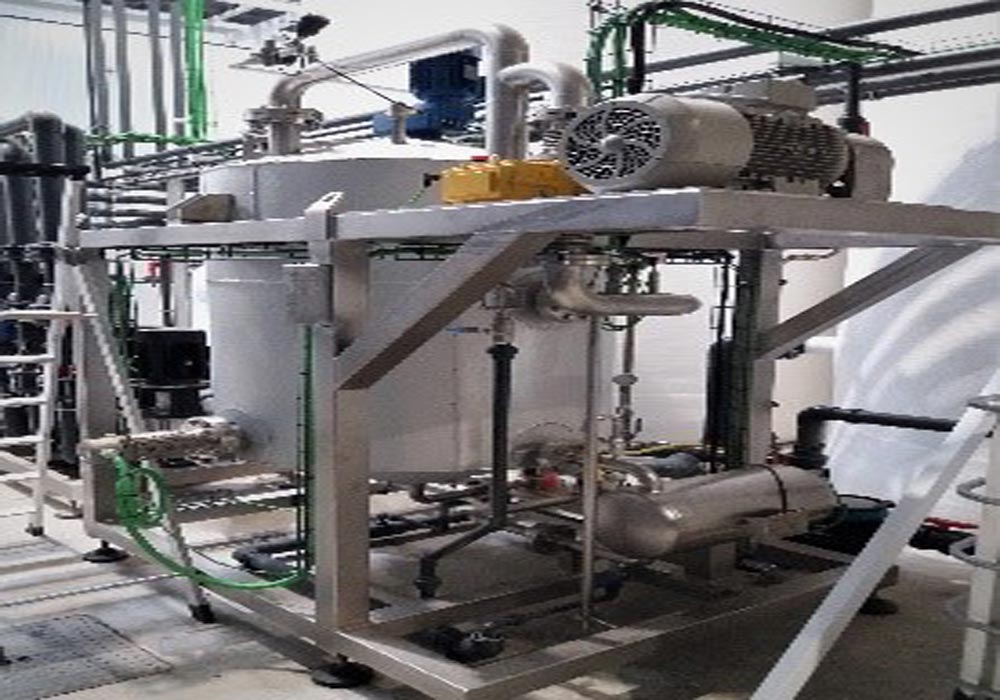HRS to supply mechanical vapor recompression for EU-funded ZLD project
HRS Heat Exchangers has been awarded an order for the design, manufacture and installation of a Mechanical Vapor Recompression (MVR) Evaporation System for the LIFE Desirows consortium, which is demonstrating a circular economy zero liquid discharge (ZLD) project to improve water quality in the Murcia region of Spain.
LIFE Desirows is a European Union funded research project which is studying a way of extracting useful salts and products from the brines which are generated by reverse osmosis (RO) technology which is used to create irrigation water. If not treated properly, these brines contribute to the level of nitrates being discharged into water courses in the region which then causes a deterioration in water quality. This deterioration of water quality has had a negative effect on the tourism industry, which together with agriculture is the main economic driver in the region of Murcia.
To find an urgent solution to the issue, a consortium of companies has teamed up with the Polytechnic University of Cartagena (UPCT) to investigate a treatment solution for the agricultural brines which present an environmental challenge in the Mar Menor and Mediterranean areas around Murcia.
The consortium has developed a process which removes nutrients and separates different salts from the brine, so that they can be used as fertilisers. Firstly, a double RO process generates a second brine which then goes through a denitrification and chemical precipitation process which removes the nutrients and the salts. The resulting solution is then thermally concentrated using a cooling tower and mechanical vapour compression to produce a saturated solution.
Finally, the precipitated salts are removed from this saturated solution using Wind-Aided Intensified Evaporation, providing a true zero liquid discharge solution which converts the environmentally unfriendly brine into clean water for irrigation, fertiliser and salts for industrial use. The technology has potential applications in a range of situations, but in the LIFE Desirows project, it prevents the leakage of unwanted substances from agriculture into water courses.
The processes are powered by renewable electrical sources, including solar PV and biomass, further improves the project’s environmental credentials, and the project is by the LIFE Program of the European Union.
HRS is providing the consortium with a forced recirculation evaporator driven by mechanical vapor recompression (MVR). MVR evaporation is one of the most economical ways of concentrating waste streams and doesn’t require a thermal energy source. The electrical energy needed to drive the MVR compressor is supplied photovoltaic solar panels, as using renewable energy is one of the pillars of the LIFE Desirows project.
The evaporation module uses HRS corrugated tube technology which is ideal for the concentration of brine. The corrugated tubes generate extra product turbulence, which provides enhanced heat transfer and also delays heat exchanger fouling. Both of which are crucial features when dealing with challenging products such as brines and waste waters.
As a company with local facilities, HRS is aware of the environmental problems suffered in the Mar Menor. Product trials were conducted with the Polytechnic University of Cartagena to investigate the evaporation process and ensue the right choice of technology. HRS have delivered several zero liquid discharge systems to customers in Spain, giving them the confidence to solve the concentration part of the LIFE Desirows system with their corrugated tube MVR evaporator.

